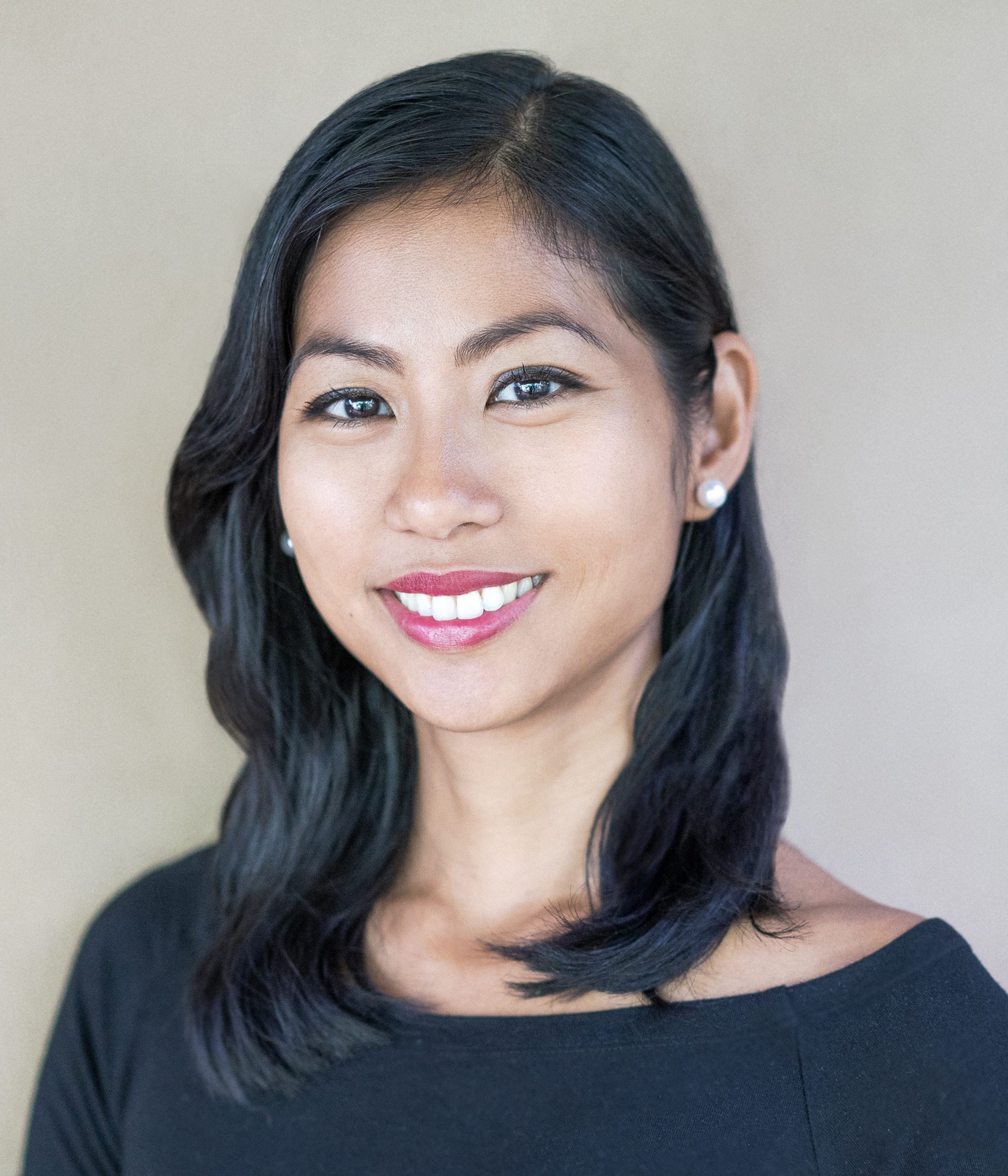Partner at Connecting Founders
With an impressive 15-year track record in investing in emerging markets, Patricia now dedicates herself full-time to representing female business founders and giving the female economy its fair share in Southeast Asia.
If you type “successful entrepreneur” on your web browser, the odds are high that more images of men in suits than women. Over the 15 years Patricia had been working in finance, this is also how she had pictured the typical high-potential founder she would bet on. For years, it never occurred to her that there was something abnormal about it. Until, finally, it did.
When Patricia was preparing to enter college in 1998, Indonesia was suffering its worst financial crisis. This prompted her to study economics, specializing in emerging markets. When she began her career as an Associate at Lehman Brothers, women were well represented at analyst-associate levels, the entry level in financial firms. But as she worked her way up to more senior positions, the ranks of women peers dwindled around her. “The attrition in the investment world is quite high for women” Patricia comments. And yet, she never made the link between being the quasi absence of women at investment committees, and the overwhelming representation of men founders on the cap table. “I had always evolved in a male-dominated environment, so I guess I just developed the same biases”, she admits.
Her “shift” to gender lens investing came when Patricia took a sabbatical year. Having more time to interact with female entrepreneurs, she went deeper into the matter and some figures acted as bell-ringers. Only 3% of the total venture capital dollars went to women-led enterprises. She started to connect these mind-boggling facts with her own experience. She had indeed, barely met any other women investors with decision-making power. She racked her brains to remember the last time she had seen a woman founder pitching her enterprise. And when she did, she realized that the stereotype of a successful entrepreneur as an obstinate masculine startupper had clouded her investment decisions too.
Patricia is now a Partner at Connecting Founders, a capital advisory firm aiming to represent women founders across Southeast Asia, to support them in raising capital and getting access to networks of peer entrepreneurs and like-minded investors. Connecting Founders tries to level the playing field by spotlighting those ingrained and unconscious biases, to help investors to look at the true value of the business and bridging the language gap.
For Patricia, interpersonal networks are essential supportive systems in an entrepreneur’s fundraising journey. Networking goes beyond attending a few formal business meetings, that often give you no more than a pile of irrelevant business cards. For early-stage entrepreneurs, peer-to-peer communities can be real game-changers, acting as breeding-grounds for new ideas and access to valuable contacts or information. But these networks have been largely built around a “boys club culture” from which women feel mostly excluded. This is precisely how Connecting Founders primarily started, as a business platform able to mentor and network boot-strapped female founders. To people asking why Connecting Founders exclusively focuses on women, Patricia answers: “we are basically trying to fill an underserved market. But as the gender gap closes, we hope to support more growth-stage female founders and move beyond just securing their initial capital”.
Patricia has travelled the road from gender-blind finance to gender-smart investing and mentoring. She is optimistic about the growing awareness among other investors. The “women in tech” movement has been a breakthrough, helping a lot of people to associate high-growth sectors with female leaders. Male investors are increasingly curious about the topic, sometimes more than their female peers. According to Patricia, a reason why women of her generation are often more reluctant to endorse the “women empowerment” movement, is because they had thought for a long time that to prove their worth in a male-dominated world, they had to become one of the guys. “At first, I did not want to believe myself that there was a gender issue. Because it would mean that I would be in it too” explains Patricia. For women with career aspirations, acknowledging to be part of a minority is tantamount to being branded as an outsider or a privileged, while they just want to be treated on an equal footing.





